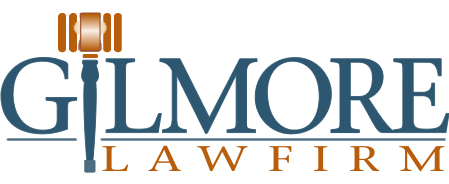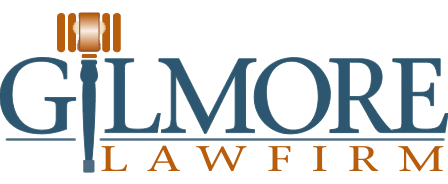Navigating the Insurance Company’s Sworn Proof of Loss and Examination Under Oath
If you are like most folks, you have insurance, but you hope to never have to use it. You hope you never get in a car wreck, that nothing gets stolen from you, or that your home is not damaged due to fire, wind, or flood. But, life never goes as planned.
When you suffer a loss, usually a property-type loss, such as to your home or personal property, insurance companies almost always require that you give them a statement about what happened. That statement is usually nothing more formal than an in person or telephone interview, which is recorded. I’ve covered that topic in before in another post.
Oftentimes, an insurance company’s investigation into your claim will result in a more formal process known as an Examination Under Oath, or EUO for short. For example, let’s say that your house burns down from a fire. The house and the contents are a total loss. One of the first things that the insurance company will require that you do is file a “Sworn Proof of Loss.” In this document, which you must provide under the terms of your insurance policy, is your sworn statement as to the value of your claim, with supporting documentation. It can include a value of your house, the contents, an itemization of your contents, any receipts, etc.
The word “sworn” ahead of “proof of loss” should tip you off that by submitting the document, you are swearing to its accuracy to the best of your ability. Obviously, if your receipts, evidence of value, and other documents were destroyed in the fire, you must do your best to provide an estimate.
The Examination Under Oath, or EUO, usually, but not always, comes after the Sworn Proof of Loss is submitted. It is a verbal question and answer session between you and the insurance company (usually the insurance company’s attorney). If you have ever had to sit for a deposition, it is very similar to that process. During the EUO, you are sworn in, and the insurance company’s attorney asks you questions. The topics can vary from what started the fire/caused the loss to individual items you are claiming were destroyed in the fire, i.e., TVs, computers, furniture, etc.
What’s the purpose of an EUO, you ask, given that you’ve already submitted a sworn declaration of your loss? Good question. Most of the time, an insurance company asks for an EUO because it believes it has found something suspicious about your claim. Granted, some insurance companies are just crossing their t’s and dotting their i’s but most, if not all, of the EUO’s I have seen occur when the insurance company suspects it has a reason to deny your claim, in whole or part. Oftentimes, they will be looking to trip you up to create or find inconsistencies in your statements or claims, or to build an allegation that you have exaggerated the value of your claim.
This explains why I always tell people that if their insurance company has requested an EUO – “LOOK OUT.” Your claim might be headed for rejection-ville if you are not careful.
So, what can you do? Well, the insurance company has hired an attorney to examine you, why not hire your own attorney or find one that will help you with it? You have the right to have an attorney present. Your entire claim could rise and fall with the EUO, so it’s probably important that you exercise that right! At the very minimum, you should take extra care to be prepared. Provide documentation if you have it. Make sure that you do not exaggerate your claim, and carefully go through your proof of loss to double check it before sitting for you EUO.


